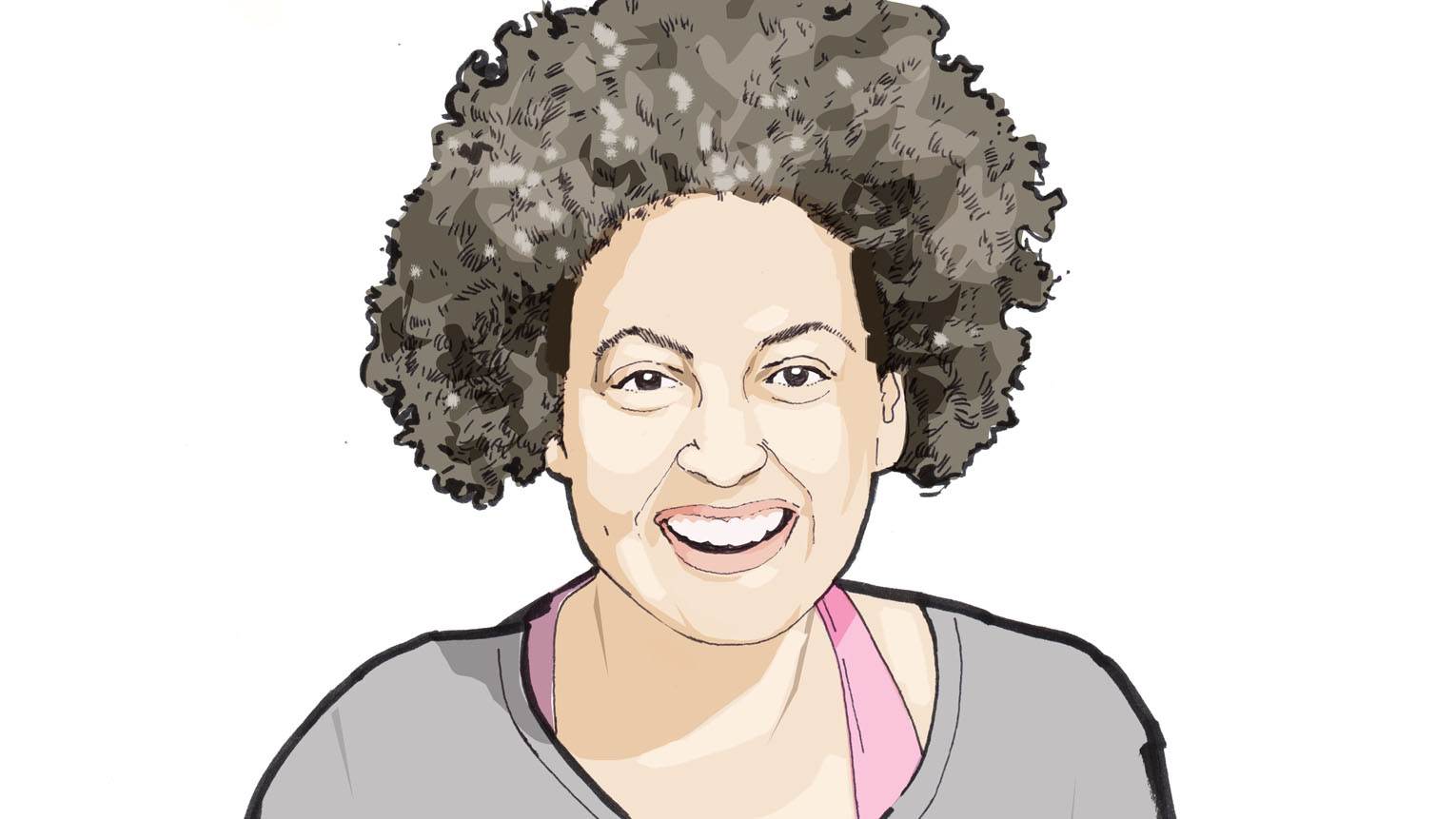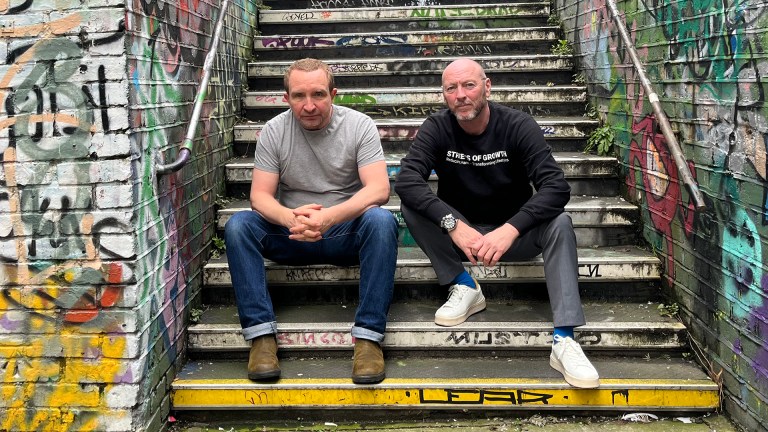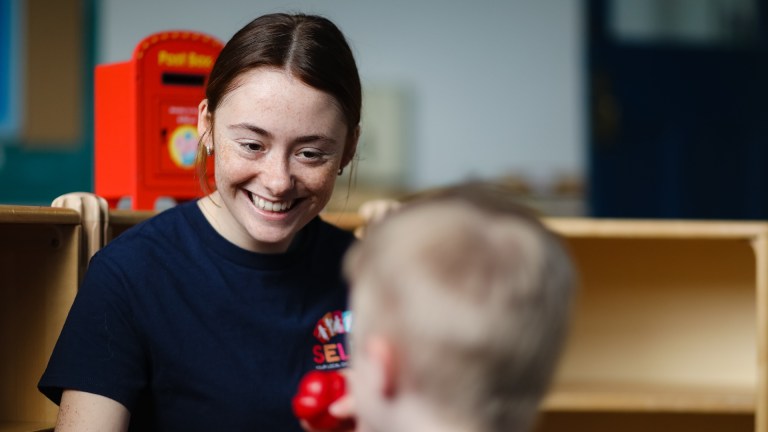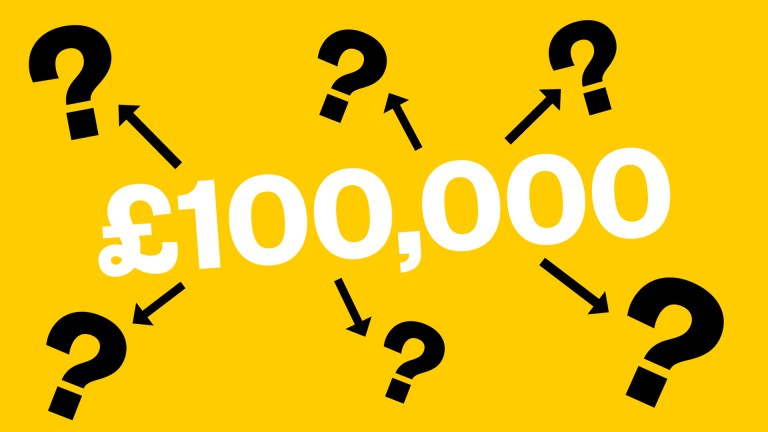“I hated the aesthetic look associated with them, and the poor function, and I didn’t want a product to label who I was. That’s why I started this business. It’s all about listening to the end user and really taking their views – whether they’re a designer or not.”
The business she refers to is Design For Disability, a design and consultancy service aimed specifically at injecting the market with equal parts inclusivity and style. Jessica wants to change the way medical design is perceived, and wants big companies with big money to realise how important bespoke design is to people with disabilities.
My 3 tips for success
- Always listen to you user, client or customer. It’s really important that they have a voice.
- Don’t be discouraged to the point of giving up. No one disrupted a market without some rough experiences along the way.
- Don’t let other people get in your way. They’ll usually want to help. When I went against that, I became more successful than would have been possible otherwise.
“For me, it’s about showcasing that each product has a different story. No two products will be the same.” Jessica asks clients about products they already use; what they do and don’t like about them; which movements are difficult for them, and what small tasks could be made easier to help boost their sense of independence.
The designs are strikingly simple – yet found nowhere else. A hair clip which unfolds to reveal a discrete button hook, helping the user to remove clothing. A dog tag with a hidden zip-pull aid, so that the person “could use it whenever he needed to, without have to carry around an embarrassing aid”. A can opener which requires only the flick of a wrist.
Also in her repertoire is a furniture line named Ergomites, Jessica having joked with herself that the half-spherical chunks removed from up and down the limbs of chairs, tables and brooms were bitten out by mites. The products look like pieces of modern art, but were really designed for someone with arthritis who struggles to hold smooth handles with no grip. Small stuff, but life-changing.
The collaboration hub began as a single project as part of Jessica’s degree and, she says, it didn’t take long for her to realise she wanted to take the work further. “The issue is that products that are supplied by the NHS are designed in a way that is just ‘function, function, function’. None of it is aesthetic, or what does the user actually really feel? Where does the end user fit in? When you’re designing for people you should factor in those people at the beginning of the process rather than at the end.”
In order to transform her idea into a fully fledged startup, Jessica signed up to a course with Urban MBA, a charity which calls itself a ‘university of street entrepreneurs’. It armed her with slick enterprise skills and gave her the confidence to present herself as an authority on inclusive design.
And the offers kept coming. Since launching Design For Disability, Jessica has collaborated with disability-led arts charity Shape Arts, teaches classes of young adults interested in design, hosts pop-up shops, speaks at events and blogs to keep in touch with her user base. But through her success, she has never lost her appetite to learn – especially if it means she might be able to better design for future clients. Having her own experience of disability, she says, doesn’t necessarily mean she knows about anyone else’s.
It’s difficult for Jessica to say what she’ll be doing next, because the bespoke nature of her business means it all depends on what the next client needs. But she’ll be ready. Much of Jessica’s work so far has been founded by UnLtd, a supporter of social entrepreneurs, so for now she’s raring to launch into another round of funding applications.
“I really want to start seeing my products sold in the wider market. When products like that start selling, there’ll be more interest in bespoke products that achieve function and style. The taboo will fade.
“Whatever happens, I’m really happy with the choices that I’ve made. And I’m going to design something great for the next person.”









